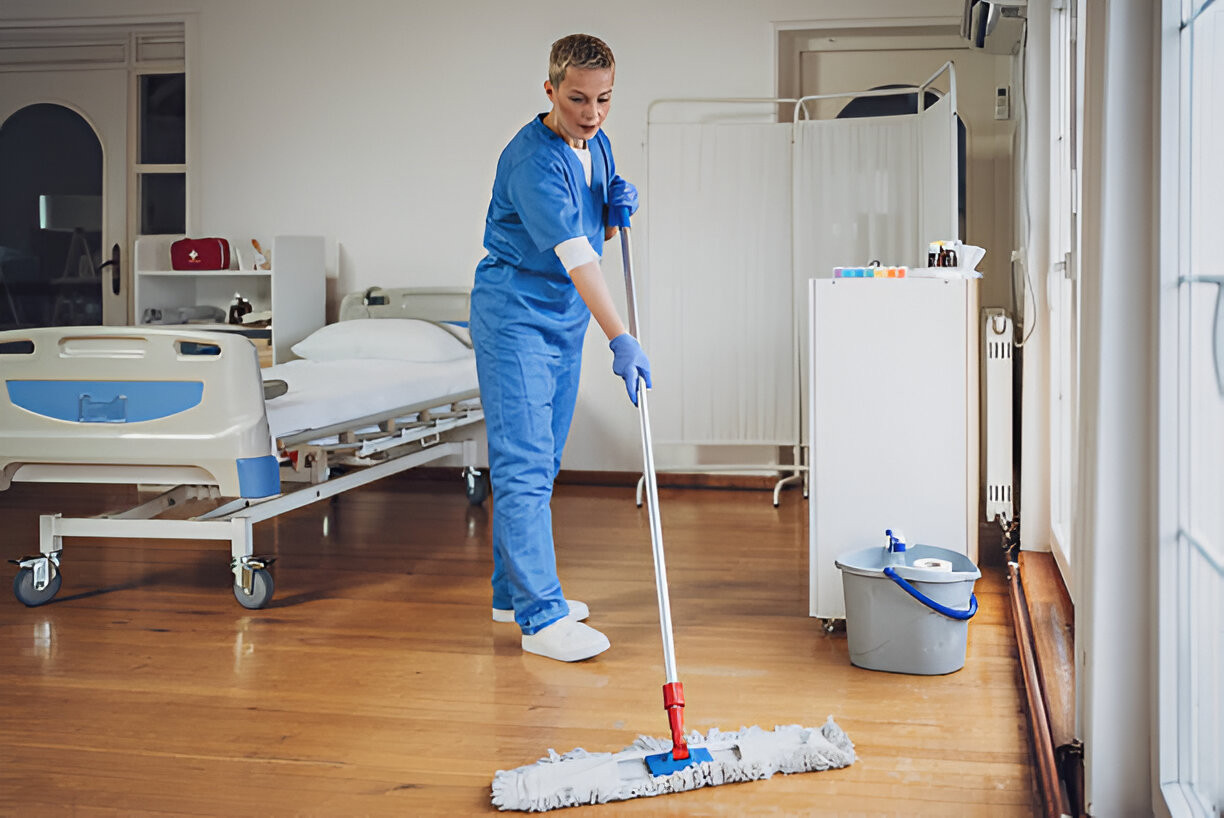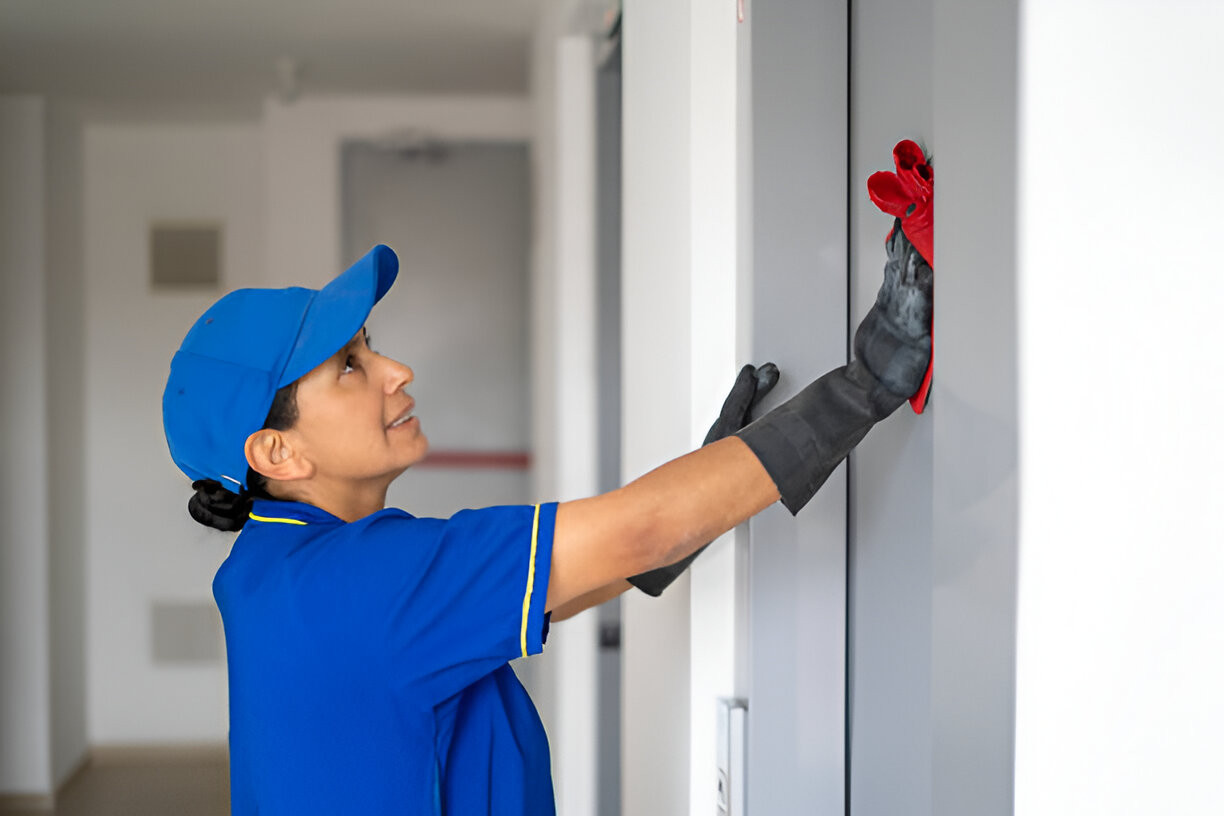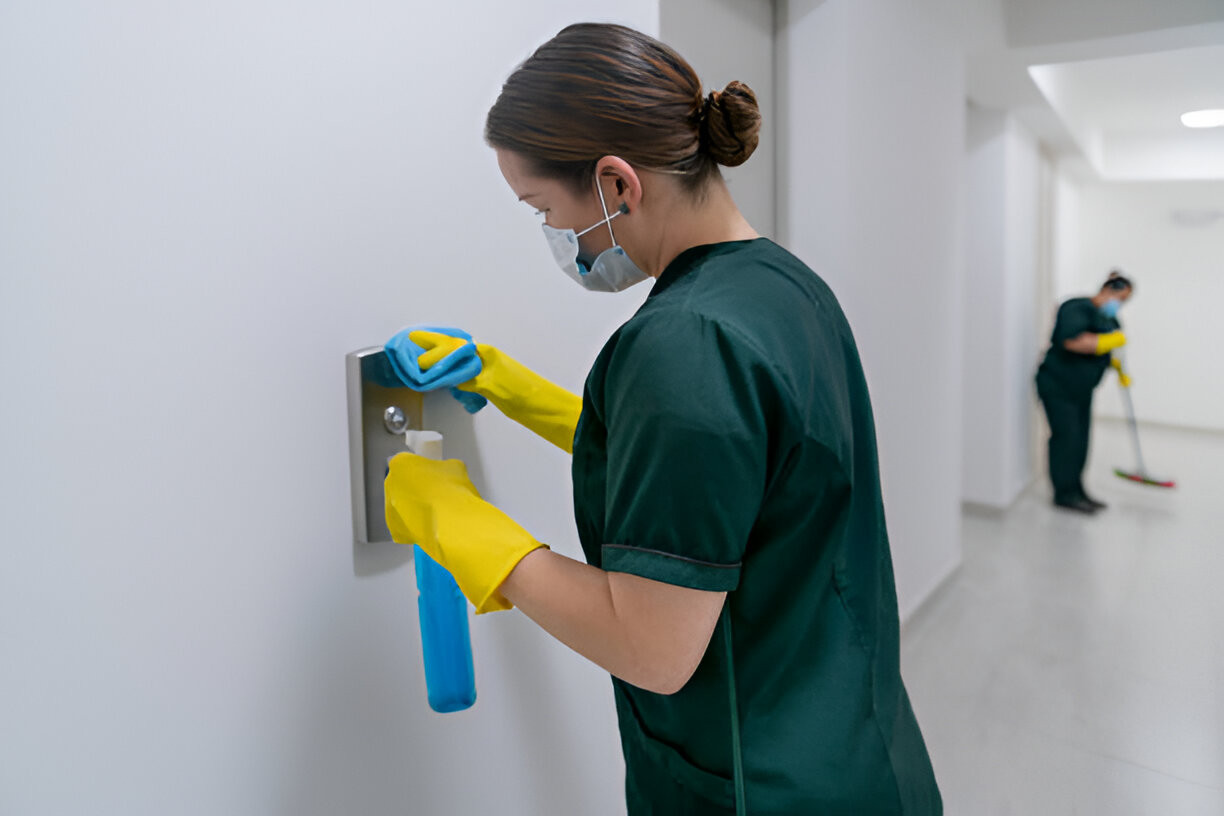Top Tips for First-Time Property Managers: Building a Strong Foundation
673de693f1420.jpeg)
Stepping into the role of a property manager can be both exciting and overwhelming. From ensuring tenant satisfaction to maintaining properties and complying with legal standards, the job requires a fine balance of organisation, communication, and expertise. For first-time property managers, laying a strong foundation is critical to long-term success. In this guide, we’ll explore essential skills and knowledge that every new property manager should master, along with how professional services like Klean Keepers, a trusted provider of communal cleaning in the London area, can make your job easier.
1. Understand Legal Compliance
Property management is heavily regulated, with strict laws governing tenant rights, landlord obligations, and building safety. Ignorance of these rules can lead to costly legal disputes or fines. As a new property manager, it’s crucial to familiarise yourself with the following:
Key Legal Areas to Know:
• Tenancy Agreements: Understand the terms of leases, ensuring they comply with local laws. Clear agreements protect both landlords and tenants.
• Health and Safety Regulations: Regular checks for gas safety, electrical safety, and fire safety are essential. Properties must meet housing health and safety standards.
• Data Protection: Safeguard tenant information by adhering to GDPR (General Data Protection Regulation) requirements.
Pro Tip:
Build relationships with solicitors or legal professionals specialising in property law. Their expertise can save you time and stress when navigating complex legal matters.
2. Develop Strong Tenant Relations
Your tenants are at the heart of your property management role. Happy tenants are more likely to renew leases, reducing the cost and hassle of finding replacements. Establishing clear communication and trust is key.
Tips for Building Positive Tenant Relationships:
Be Accessible: Respond promptly to tenant concerns and repair requests. A reliable manager earns respect.
Set Expectations: Outline clear rules and responsibilities in the tenancy agreement and during move-in inspections.
Handle Complaints with Empathy: Listen to grievances, whether they’re about noisy neighbours or maintenance delays, and provide timely solutions.
3. Master Maintenance Scheduling
One of the most time-consuming aspects of property management is ensuring properties are well-maintained. Regular upkeep prevents small issues from escalating into costly repairs and keeps tenants satisfied.
Creating a Maintenance Plan:
• Routine Inspections: Schedule periodic property checks to identify wear and tear early.
• Seasonal Upkeep: Plan for weather-related maintenance, like gutter cleaning in autumn or boiler servicing before winter.
• Partner with Trusted Providers: Outsourcing maintenance tasks to professionals ensures quality results and frees up your time.
Klean Keepers, a London-based cleaning service, specialises in communal cleaning for properties. Whether you manage residential blocks or commercial buildings, their expertise in keeping shared spaces spotless ensures tenants feel valued and comfortable.
4. Learn Financial Management
A significant part of property management involves handling finances. Accurate budgeting, transparent accounting, and on-time rent collection are fundamental skills you’ll need to develop.
Financial Management Tips:
• Budget for Emergencies: Set aside a portion of rental income for unexpected repairs or vacancies.
• Streamline Rent Collection: Use property management software to track payments and send reminders to tenants.
• Understand Tax Implications: Familiarise yourself with property-related taxes and deductions to maximise income.
673de72f96a4d.jpeg)
5. Leverage Technology
Modern technology has transformed the property management industry, offering tools to streamline operations and enhance tenant experiences. As a new manager, investing in the right software can save you significant time and effort.
Useful Tools for Property Managers:
• Property Management Software: Platforms like Buildium or Arthur help track leases, manage finances, and communicate with tenants.
• Smart Home Devices: Offering features like keyless entry or smart thermostats can make properties more appealing to tenants.
• Maintenance Tracking Apps: Digital tools can schedule and log repairs, ensuring nothing slips through the cracks.
6. Build a Reliable Network of Vendors
No property manager can handle everything alone. Building a network of trustworthy vendors is essential for smooth operations. This includes plumbers, electricians, handymen, and cleaning services.
Why Choose Klean Keepers?
Klean Keepers provides exceptional communal cleaning services throughout London. Specialising in maintaining shared spaces like stairwells, lobbies, and communal kitchens, their professional cleaners ensure high standards of hygiene. Outsourcing communal cleaning not only saves you time but also creates a positive impression on tenants and visitors.
Their services include:
• Regular cleaning schedules tailored to your property’s needs.
• Deep cleaning to refresh communal areas periodically.
• Responsive service to address urgent cleaning requirements.
By partnering with a reliable provider like Klean Keepers, you can focus on other aspects of property management while ensuring your properties remain well-maintained.
7. Stay Educated and Adaptable
The property management landscape is constantly evolving, with new regulations, tenant expectations, and technological advancements. Staying informed and adaptable is key to long-term success.
Continuous Improvement:
• Attend Workshops and Seminars: Regular training keeps you updated on industry trends and best practices.
• Join Professional Associations: Networking with peers through organisations like ARLA Propertymark can provide valuable insights.
• Solicit Feedback: Regularly ask tenants and landlords for feedback to identify areas for improvement.
8. Communicate Effectively
Good communication is the backbone of property management. Whether it’s negotiating with landlords, addressing tenant complaints, or coordinating with vendors, clear and professional communication is crucial.
Tips for Effective Communication:
• Use Multiple Channels: Email, phone calls, and online portals cater to different preferences.
• Document Everything: Keep records of all communication to avoid misunderstandings.
• Be Transparent: Honesty about delays or challenges builds trust, even in difficult situations.
Conclusion
Becoming a successful property manager takes time, effort, and a commitment to excellence. By mastering legal compliance, fostering strong tenant relationships, maintaining properties proactively, and leveraging professional services like Klean Keepers, you can set yourself apart in the industry.
For property managers in London, Klean Keepers offers unparalleled communal cleaning services, ensuring your properties stay clean and inviting. Get in touch with Klean Keepers today to see how they can support your journey to property management success.
With these tips in hand, you’re well-equipped to build a strong foundation and thrive in your new role as a property manager.
#PropertyMaintenance #BuildingUpkeep #CleanSpaces #LondonCleaningServices #CommunalCleaning

673b499da04a1.jpeg)


600a74899aac4.png)